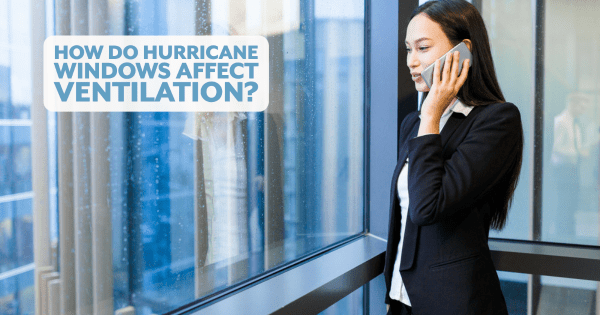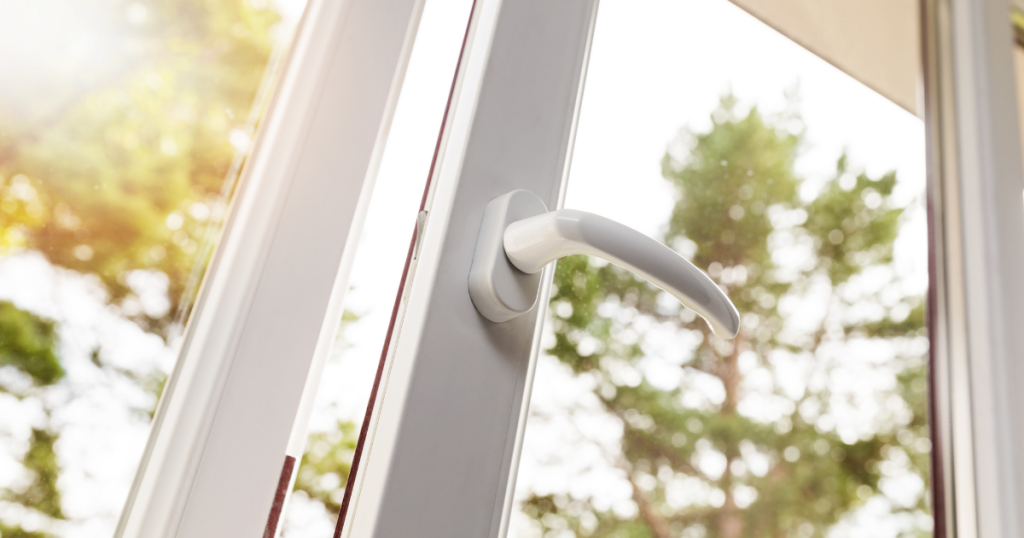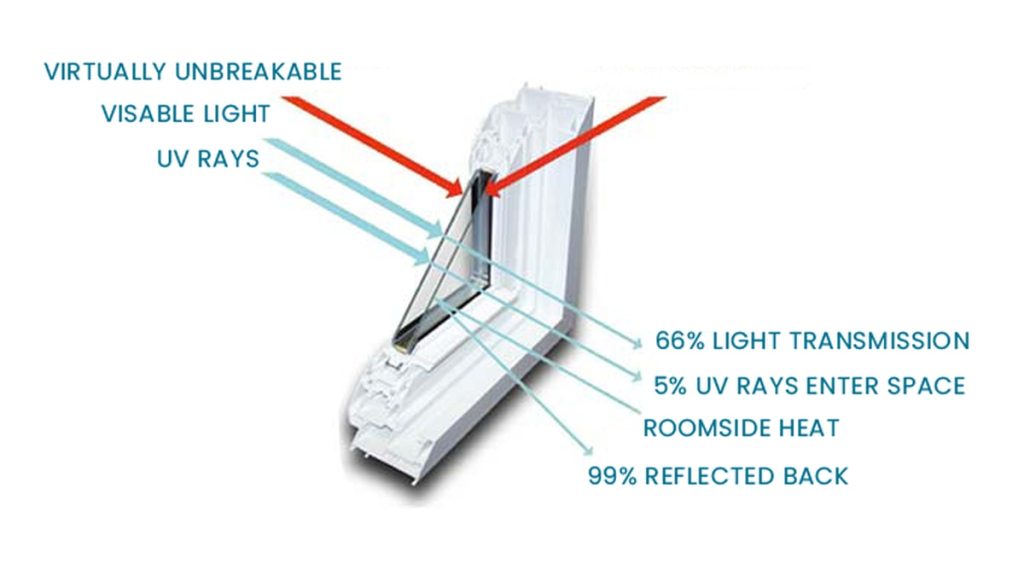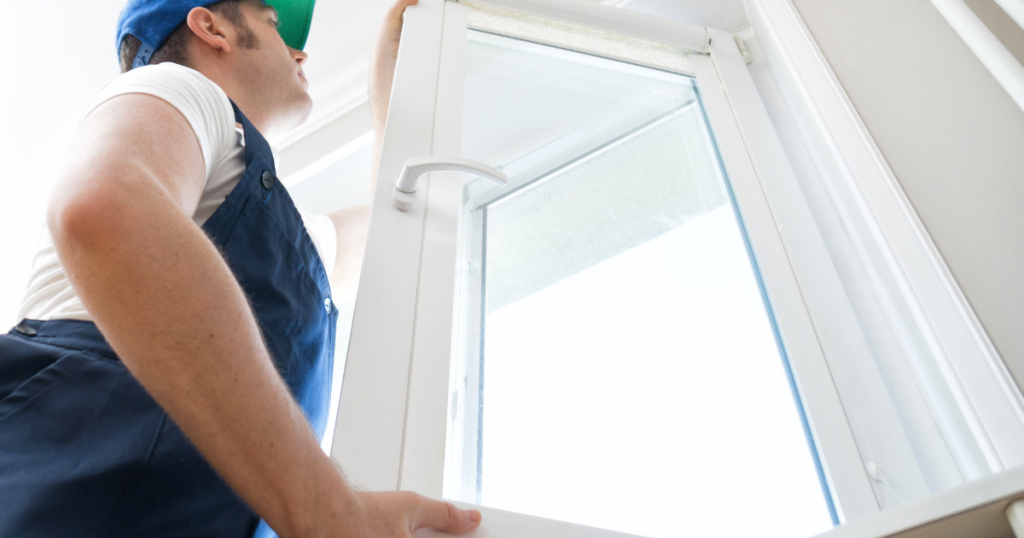So you’re considering installing impact windows, but you have concerns about how it may affect the ventilation in your home. Well, you’re in the right place because we’re going to explore just that. Impact windows have become increasingly popular for their durability and ability to protect against extreme weather conditions, but what about the airflow in your home? In this article, we’ll take a closer look at how the installation of impact windows can impact the ventilation in your space, so you can make an informed decision before taking the leap.
How Does The Installation Of Impact Windows Affect Ventilation?
When it comes to your home or building, proper ventilation is crucial for maintaining a comfortable and healthy indoor environment. Ventilation not only helps to control temperature and moisture levels but also plays a key role in removing pollutants and ensuring a constant supply of fresh air. With the increasing popularity of impact windows, it’s important to understand how their installation can affect ventilation.
Understanding Impact Windows
Impact windows, also known as hurricane windows, are specially designed to withstand extreme weather conditions, such as hurricanes or strong winds. These windows are constructed with a reinforced frame and impact-resistant glass, providing increased protection against flying debris and enhanced security.
Importance of Ventilation in Buildings
Before diving into the impact of impact windows on ventilation, it’s essential to understand the importance of proper ventilation in buildings. Ventilation helps to circulate air, remove indoor pollutants, control moisture levels, and regulate temperature. Without adequate ventilation, buildings can become prone to mold growth, stale odors, and uncomfortable living conditions. In addition, poor ventilation can have adverse effects on the health and well-being of the occupants.

This image is property of egsinternationalllc.com.
Effects of Traditional Windows on Ventilation
Traditional windows, although they do provide some ventilation, can also be a major source of air leaks and energy loss. These windows are typically not as airtight as impact windows and can allow drafts to enter the building. The gaps and cracks around traditional windows can be a breeding ground for moisture, leading to mold and mildew issues. Additionally, noise from the outside can easily penetrate through traditional windows, impacting the comfort level inside the building.
Advantages of Impact Windows in Ventilation
Now let’s explore how the installation of impact windows can positively impact ventilation in your home or building.

This image is property of www.aspwindows.com.
1. Increased Air Tightness
One of the main advantages of impact windows is their superior air tightness. The reinforced frames and impact-resistant glass ensure a tight seal, minimizing air leaks and preventing drafts from entering the building. This enhances the overall energy efficiency of the structure, as conditioned air is retained inside during hot summers and cold winters.
2. Better Noise Insulation
Impact windows are designed to reduce noise transmission from the outside. The multiple layers of laminated glass and the reinforced frames help to block out noise, creating a more peaceful and quiet indoor environment. This is especially beneficial for buildings located in busy urban areas or near airports and highways.

This image is property of www.maxguardhurricane.com.
3. Reduced Energy Loss
With their improved insulation properties, impact windows play a significant role in reducing energy loss. By preventing air leaks and drafts, these windows help to maintain a consistent indoor temperature, reducing the workload on heating and cooling systems. As a result, energy consumption is minimized, leading to lower utility bills and a reduced carbon footprint.
4. Improved Indoor Air Quality
Impact windows not only prevent outdoor pollutants and allergens from entering the building but also help to improve indoor air quality. As these windows are tightly sealed, they restrict the infiltration of dust, pollen, and other contaminants. This is particularly beneficial for individuals with respiratory conditions or allergies, as it creates a cleaner and healthier breathing environment.

This image is property of gray-wflx-prod.cdn.arcpublishing.com.
5. Enhanced Security
One of the primary reasons for installing impact windows is their excellent security features. These windows are highly resistant to forced entry, making it much harder for potential intruders to break into your home or building. The increased security provided by impact windows gives you peace of mind, allowing you to enjoy the benefits of ventilation without compromising safety.
6. Protection against UV Radiation
Impact windows are designed with a special coating that filters out harmful ultraviolet (UV) rays. UV radiation can cause damage to furniture, flooring, and other objects exposed to direct sunlight. By installing impact windows, you can protect your belongings from fading or discoloration, while still benefiting from natural light and ventilation.

This image is property of www.aspwindows.com.
Considerations for Proper Ventilation with Impact Windows
While impact windows offer numerous advantages for ventilation, there are a few considerations to keep in mind to ensure proper airflow and ventilation in your home or building.
1. Utilizing Natural Ventilation Techniques
Despite the improved airtightness of impact windows, it’s important to utilize natural ventilation techniques to introduce fresh air into the building. Opening windows and doors during mild weather conditions can help promote airflow and bring in fresh outdoor air. Cross-ventilation techniques, such as strategically placing windows on opposite sides of a room, can also enhance natural ventilation.
2. Using Mechanical Ventilation Systems
In addition to natural ventilation, mechanical ventilation systems can be installed to supplement airflow. These systems include exhaust fans, whole-house ventilation systems, and air purifiers. Mechanical ventilation ensures a constant supply of fresh air and helps to remove pollutants and excess moisture from the building.
3. Balancing Airflow with Impact Windows
To maintain proper ventilation, it’s important to balance the airflow by partially opening impact windows. Opening windows slightly allows for the exchange of indoor and outdoor air without compromising the security and energy efficiency provided by the impact windows.
4. Regular Maintenance of Impact Windows
To ensure the optimal performance and ventilation benefits of impact windows, regular maintenance is essential. Periodically check for any signs of damage or deterioration and promptly address any issues. Clean the windows regularly to remove dust and dirt, and inspect the weatherstripping for any wear or gaps. Proper maintenance will help to keep the impact windows in top condition, ensuring their effectiveness in ventilation.
Conclusion
In conclusion, the installation of impact windows can greatly impact ventilation in your home or building. These windows provide airtightness, noise insulation, energy efficiency, improved indoor air quality, enhanced security, and protection against UV radiation. While enjoying these benefits, it’s important to balance airflow, utilize natural and mechanical ventilation techniques, and perform regular maintenance to ensure proper ventilation. By understanding the impact of impact windows on ventilation, you can make informed decisions about enhancing the comfort and air quality of your indoor space.
